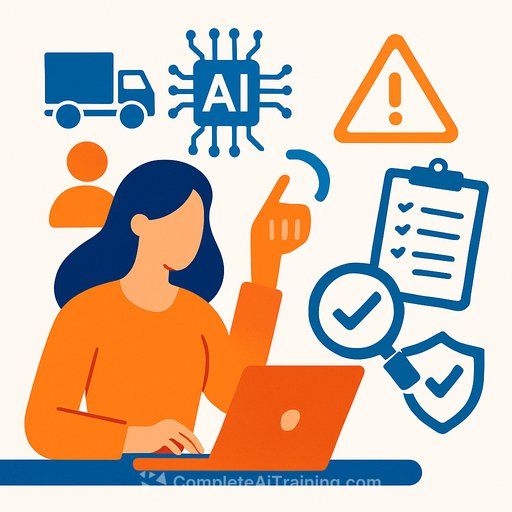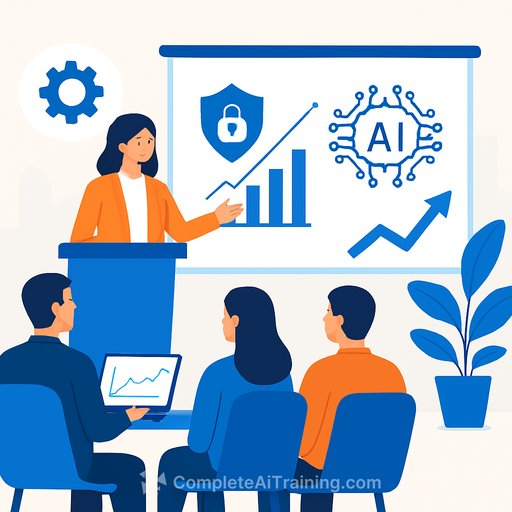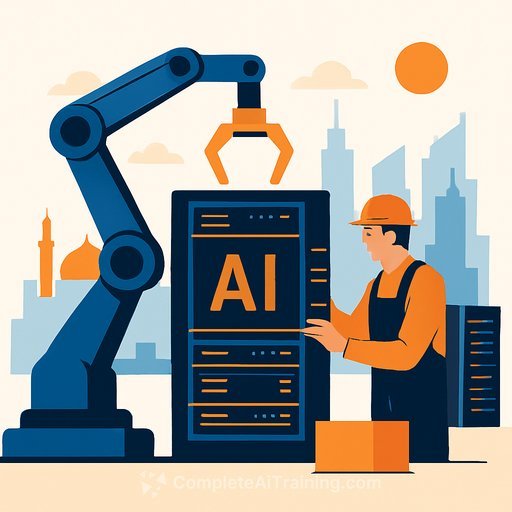How AI is Reshaping Supplier Risk Strategies
Staying Ahead of Disruption
Supply chain disruptions are common, with nearly 80% of organizations experiencing issues last year, mostly due to third-party failures. AI-powered risk management systems collect and analyze diverse data—weather forecasts, shipping updates, social media, and global news—to identify emerging threats early. This foresight allows companies to act before problems escalate, minimizing delays and financial losses.
For example, a dockworkers’ strike on the U.S. East Coast in late 2024 affected global operations far beyond American ports. Companies that leveraged AI insights adjusted logistics, rerouted shipments, and engaged alternative suppliers quickly. These real-time shifts can be the difference between success and costly setbacks.
Cybersecurity: Defending the Digital Supply Chain
Cyberattacks have become a leading cause of supply chain disruption. In October 2024, a ransomware attack on a major electronics firm delayed critical operations. AI enhances cybersecurity by monitoring network traffic for anomalies and flagging suspicious activities faster than traditional methods. It also evaluates the security posture of third-party suppliers, ensuring the entire digital ecosystem is protected.
Continuous vulnerability scanning and automated compliance enforcement help companies defend against sophisticated threats. For industries relying on just-in-time production, securing digital infrastructure is essential to maintain smooth operations.
Staying Ahead of Regulatory Minutiae
Non-compliance with regulations can lead to severe financial and reputational damage. AI-driven systems track compliance risks, such as those related to forced labor laws like the Uyghur Forced Labor Prevention Act (UFLPA), which has caused shipment halts at U.S. ports. Automated vetting of suppliers, certification collection, and triggered alerts help companies maintain compliance proactively.
Regular audits and supplier assessments identify risks early, while AI tools monitor regulatory changes, enabling quick adjustments. Data shows that companies with automated, AI-supported supplier onboarding perform 2.5 times more risk checks than those relying on paper-based processes.
Additionally, AI helps prevent financial leakage by detecting overpayments and duplicate transactions before they happen. Gaining visibility into spending patterns allows for smarter budgeting and uncovering cost-saving opportunities without sacrificing performance.
Turning Risk Into Resilience
The future of supplier risk strategy is shifting from reacting to disruptions to predicting them. AI enables continuous risk assessment, helping supply chain leaders move from crisis management to resilience building. This approach supports better demand forecasting, operational optimization, and stronger cybersecurity, helping organizations maintain clarity amid volatility.
Companies adopting AI-driven strategies are positioned not just to withstand supply chain challenges but to lead their industries through them.
Your membership also unlocks:





AI Capex on the Hot Seat: Apollo Exec's No Comment on Vendor Financing and Capex Recycling Stirs Transparency Debate